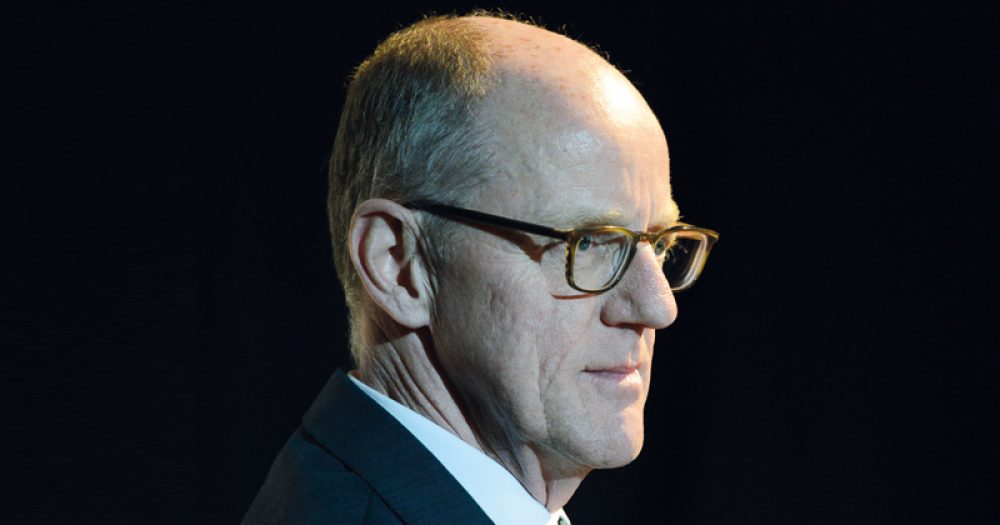Nick Gibb will continue to serve as schools minister following Theresa May’s front bench reshuffle.
The MP for Bognor Regis and Littlehampton has been in the role since May 2015, having previously held it between 2010 and 2012. He also served as minister for school reform from 2014 to 2015.
It follows the appointment of Damian Hinds as the new education secretary in the cabinet reshuffle yesterday, and the resignation of Justine Greening from the government after she was offered another cabinet job.
Gibb today tweeted that he was “Delighted to continue at the DfE”.
“Thanks to teachers and the government’s reforms, standards are rising: 154,000 more 6-year-olds on track in reading this year; 1.9 million more pupils in good or outstanding schools; and double or triple science GCSE entries up from 63% to 91%.”
More to follow.








I think I can save Mr Gibb some time. Instead of saying stuff like this all the time.
“Thanks to teachers and the government’s reforms, standards are rising: 154,000 more 6-year-olds on track in reading this year; 1.9 million more pupils in good or outstanding schools; and double or triple science GCSE entries up from 63% to 91%.”
He could just say, “Alexa, Number 1a”, and a small speaker next to him could say these words.
Then journalists could just paste the boilerplate text into their copy instead of retyping the exact same half truths time and time again.
Then when Mr Gibb actually spoke we would know it was something he had possibly recently thought about. (Not necessarily any more truth, but less patronising to the people he claims to applaud.)
Nick Gibb’s responses do have a certain robotic quality. Let’s hope the new Ed Sec doesn’t repeat the same stats in answer to every single education question whether the data is relevant or not.
In any case, the results of the phonics screening test don’t seem to relate to results in the KS1 reading test. More than nine-out-of-ten reached the expected standard in phonics by the end of KS1 but nearly one-in-four did not reach the expected standard in reading. Presumably that’s what Gibb means when he says 6 year-olds are on track to becoming successful readers.
http://www.localschoolsnetwork.org.uk/2017/09/success-in-phonics-test-doesnt-equal-success-in-reading-dfe-data-shows
Gibb boast that ‘double or triple science GCSE entries [are] up from 63% to 91%’in 2017. In 2016, 89% of pupils entering double or triple science (ie two or three GCSEs from physics, biology, chemistry and computing).
Education Datalab crunched the 2016 data and said the increase from 63% taking two or more of the science subjects listed above was ‘due to schools switching back to GCSEs from equivalent qualifications (e.g. BTECs) in response to changes to the accountability regime.’
It’s unsurprising, then, that entries for single/double science GCSE increased when accountability changed. Although it was right that the equivalent value of BTecs to GCSE was recalibrated to stop the equivalent exam scam, Gibb’s boasting suggests there might have been another motive: change accountability and then the gov’t can boast its reforms have improved education when in reality schools have just changed which exams their 16 year-olds enter.
https://educationdatalab.org.uk/2017/03/weird-science/